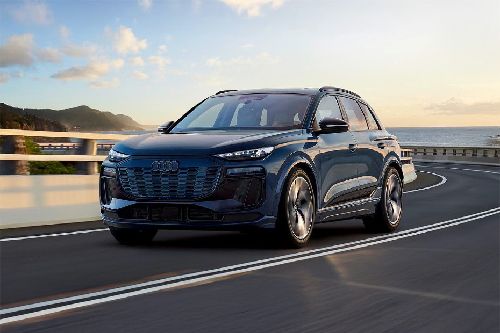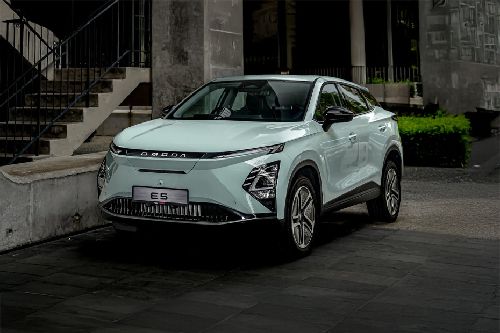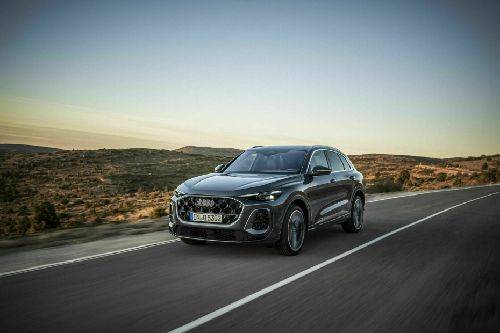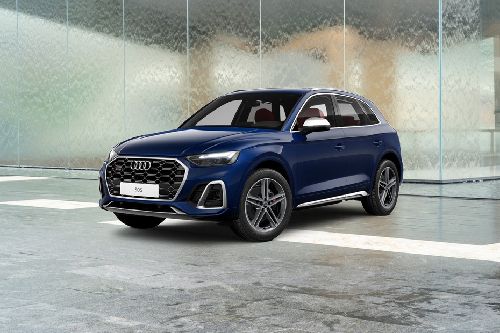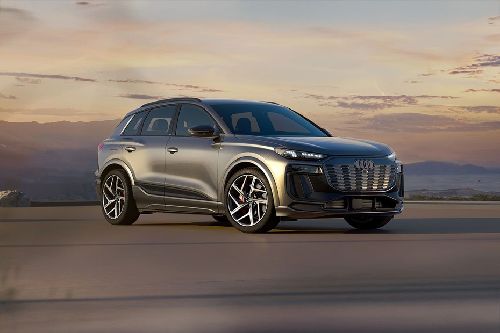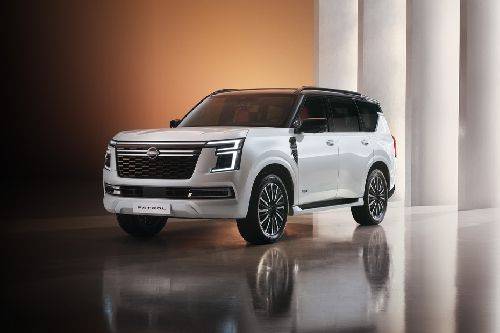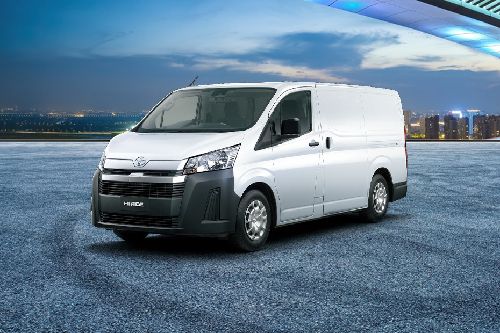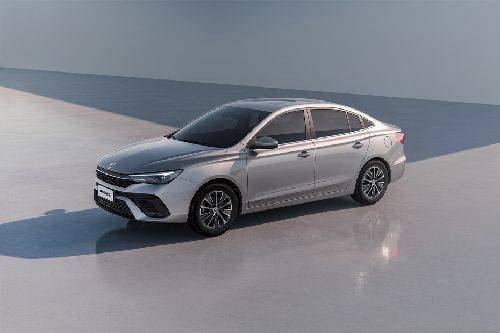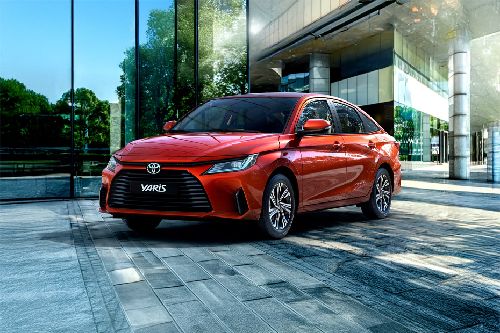Honda and Nissan Discuss Potential Merger Amid EV Revolution

SAUDI ARABIA : Reports of Honda and Nissan considering a merger are creating waves in the auto industry, with the move potentially reshaping the landscape of electric mobility and global competition.
KEY TAKEAWAYS
Which two Japanese automakers are reportedly considering a merger?
Honda and Nissan are reportedly discussing a potential merger.What is the primary motivation behind the potential merger?
The merger aims to create a strategic alliance, combining resources to strengthen their position in the electric vehicle (EV) market.
- Honda and Nissan are reportedly discussing forming a holding company for a strategic alliance.
- The merger could combine resources to strengthen their position in the EV market.
- Challenges include cultural differences, regulatory scrutiny, and potential job cuts.
- Market reactions have been mixed, with Nissan’s stock rising significantly.
The automotive industry is abuzz with speculation about a possible merger between Japanese giants Honda and Nissan. Amid the electric vehicle (EV) boom, this potential union could redefine global competition, positioning the companies as a formidable force in the market.
Strategic Motivation for the Merger
The proposed merger aims to create a new holding company, bringing together Honda, Nissan, and possibly Mitsubishi Motors, in which Nissan holds a 24% stake.
- EV Competition: With Tesla leading the EV market and Chinese brands like BYD closing the gap, both Honda and Nissan need a strategic edge.
- Shared Resources: A merger would allow the companies to pool resources, reduce costs, and accelerate EV development.
This move reflects the need for traditional automakers to stay competitive in an era dominated by rapid technological advancements.
Challenges Facing Honda and Nissan
Both companies are navigating unique challenges that make collaboration increasingly appealing:
- Nissan’s Struggles: The company has been grappling with declining profits and reduced annual operating targets.
- Honda’s EV Push: While Honda is in better financial shape, it faces pressure to establish a stronger presence in the EV market, with its new Honda Zero platform in development.
Potential Benefits of the Merger
The merger could offer several advantages:
- Resource Synergy: Combining expertise in technology, research, and production could help both brands achieve greater efficiency.
- Enhanced Market Reach: Nissan’s global footprint and Honda’s technological advancements could create a stronger competitive position.
- Cost Savings: Shared research and development could bring new EV models to market faster and at reduced costs.
Difficulties and Market Reaction
Despite the potential, the merger is not without its obstacles:
- Cultural and Brand Identity: Aligning corporate cultures and preserving brand individuality could be challenging.
- Regulatory Approval: The merger would face intense scrutiny from Japanese authorities due to its economic and cultural significance.
- Market Impact: Initial reactions have been mixed. Nissan shares surged, reflecting optimism, while Honda’s shares dipped slightly due to concerns over losing independence.
The Road Ahead
While neither company has officially confirmed these talks, their potential collaboration marks a pivotal moment in automotive history. If realized, the merger could create a new powerhouse capable of challenging market leaders and redefining the industry’s trajectory.

Honda and Nissan remain tight-lipped about formal agreements, emphasizing collaboration but not denying a merger. For now, the industry watches closely as this potential partnership could signal a monumental shift toward a unified EV future.
Automotive News and Reviews
- Latest
- Popular
You might also be interested in
- News
- Featured Stories
Featured Car
- Latest
- Upcoming
- Popular
Latest Car Videos on SayaraBay




















